Optimal Timing for Water Treatments
Water treatments are most effective when performed during specific periods that optimize water quality and system efficiency. Timing depends on factors such as seasonal changes, water usage patterns, and water source conditions. Proper scheduling ensures the removal of contaminants, mineral buildup prevention, and maintenance of water system longevity.
Spring is ideal for water treatments as water sources often experience increased mineral and sediment levels after winter, requiring treatment to maintain quality.
Performing treatments before peak usage months helps prevent scaling and buildup, ensuring water systems operate efficiently during high demand.
Fall treatments prepare water systems for winter, reducing the risk of freezing damage and addressing any accumulated impurities.
After heavy rains, water sources can carry increased debris and contaminants, making treatment essential for water quality.
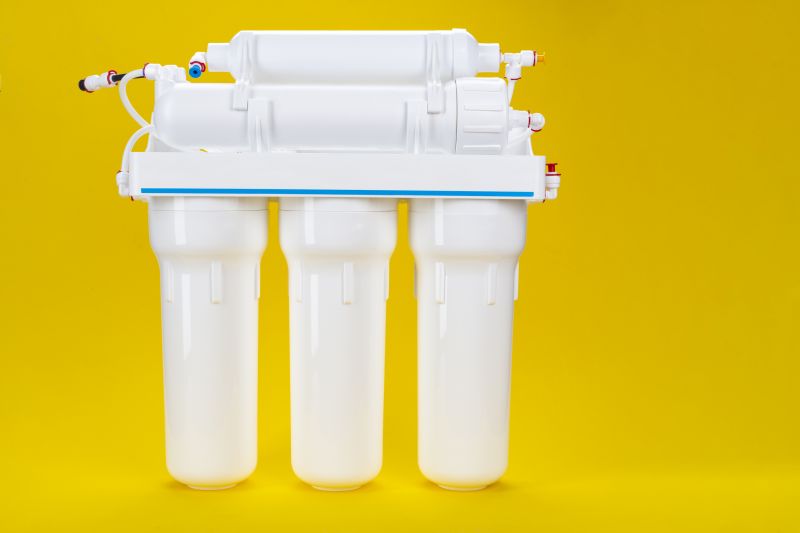
Advanced systems designed to improve water clarity and safety.
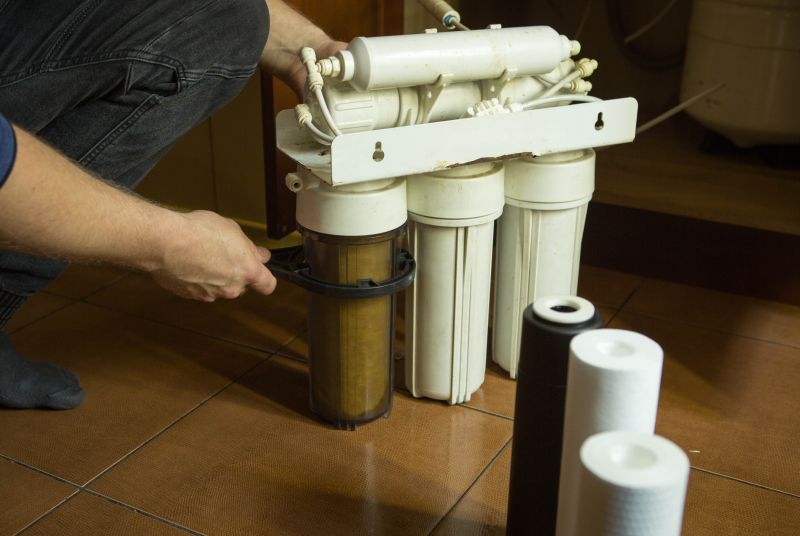
Filters removing sediments and impurities for cleaner water.
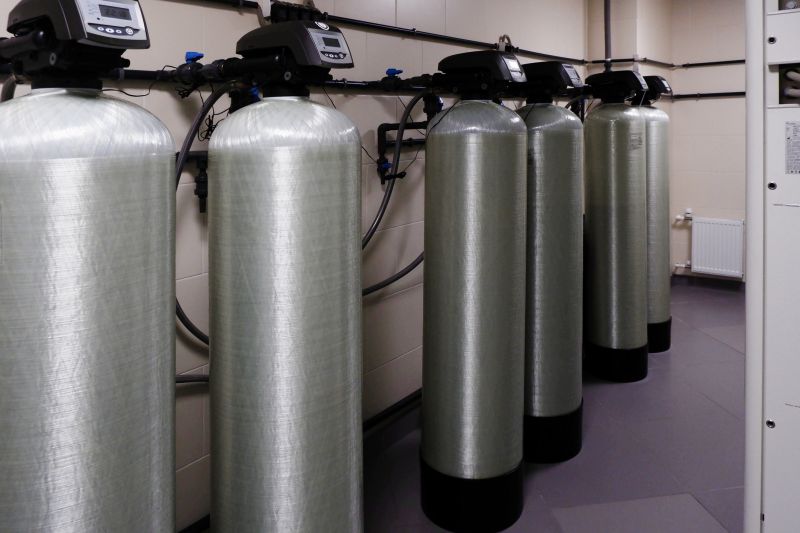
Equipment for precise chemical dosing to control water quality.
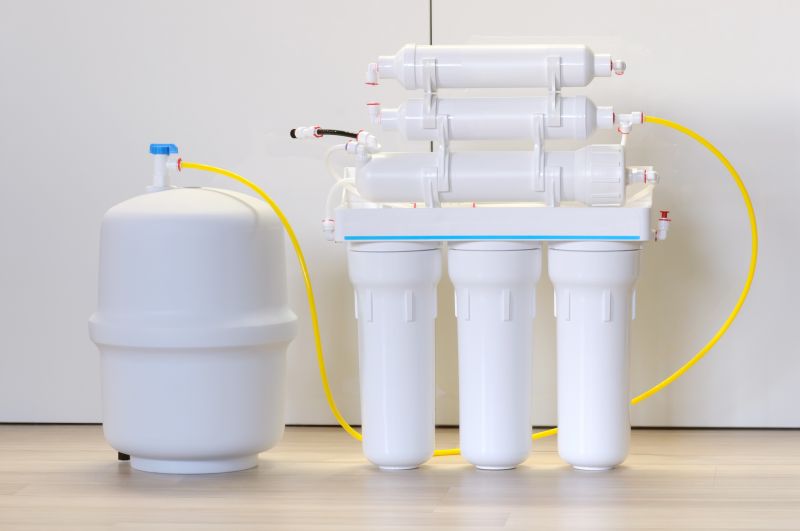
Ways to make Water Treatments work in tight or awkward layouts.
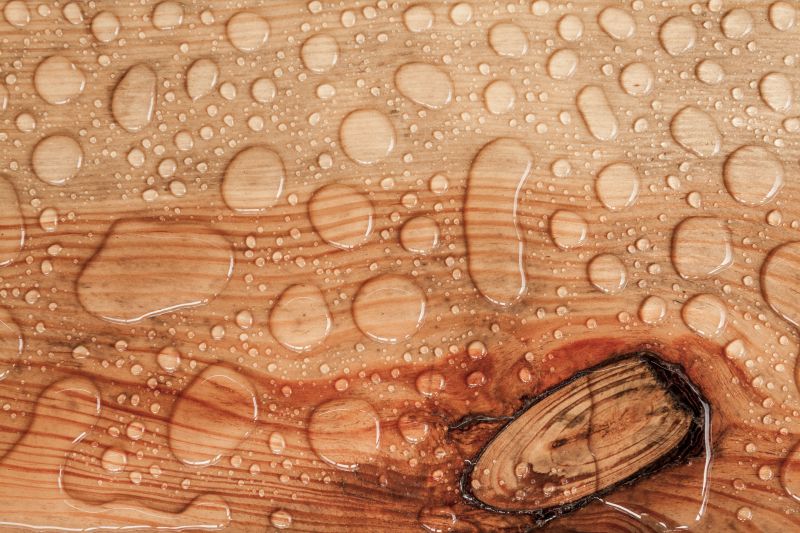
Popular materials for Water Treatments and why they hold up over time.
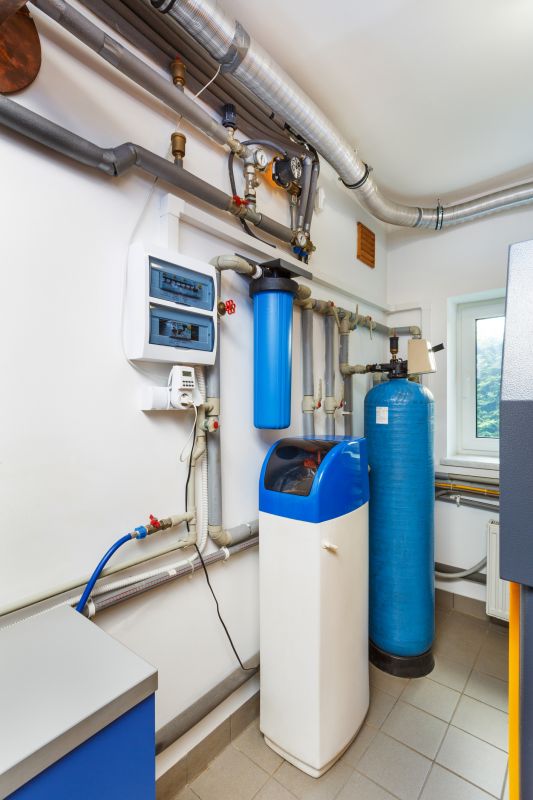
Simple add-ons that improve Water Treatments without blowing the budget.
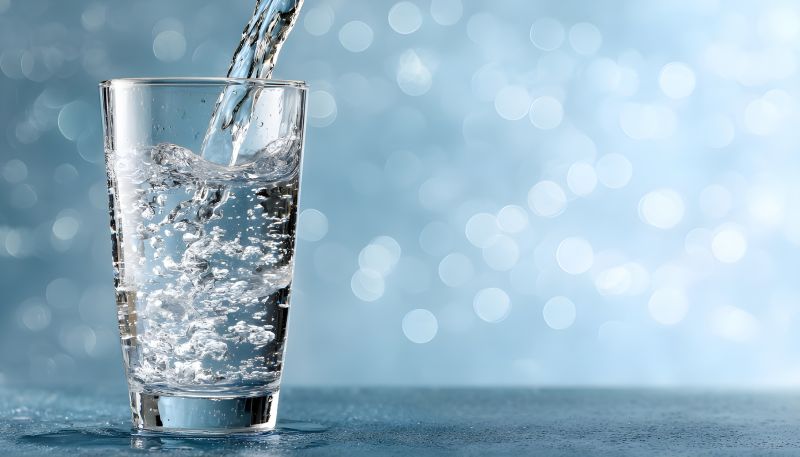
High-end options that actually feel worth it for Water Treatments.
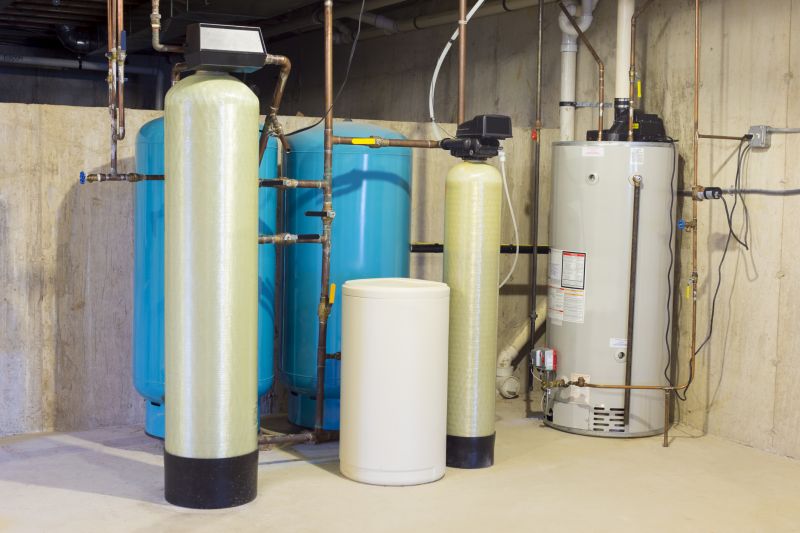
Finishes and colors that play nicely with Water Treatments.
| Season | Recommended Treatment Activities |
|---|---|
| Spring | Mineral removal, sediment filtration |
| Pre-Summer | Scaling prevention, system flushing |
| Fall | Winterization, impurity removal |
| Post-Rain | Debris removal, contaminant reduction |
| Annually | System inspection, buildup removal |
Water treatments encompass various processes aimed at improving water quality, ensuring safety, and maintaining system efficiency. These treatments include filtration, chemical dosing, and mineral removal, which collectively address common issues such as sediment buildup, microbial contamination, and mineral scaling. Proper timing of these treatments can significantly extend the lifespan of water systems, reduce maintenance costs, and ensure consistent water quality for residential, commercial, or industrial needs.
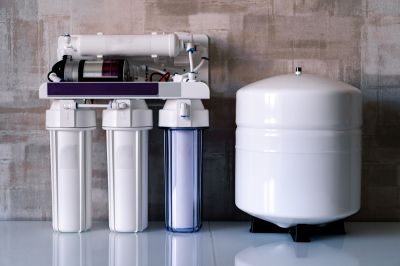
Facility performing large-scale water purification processes.
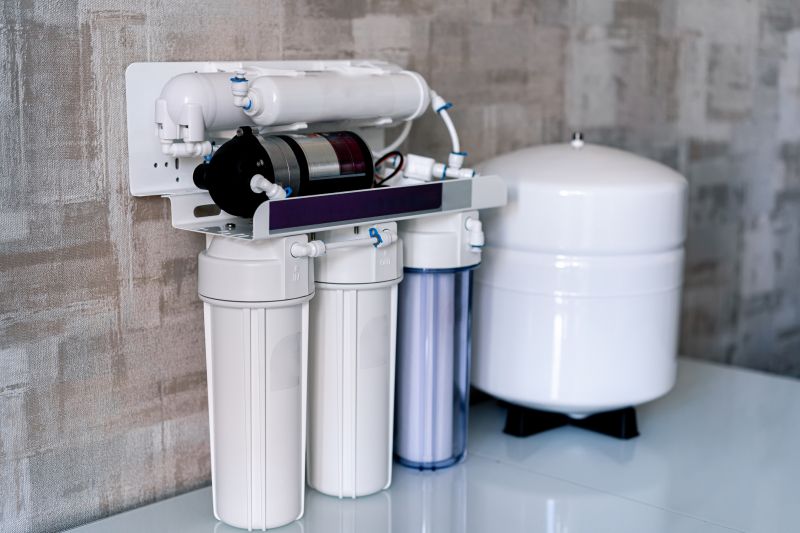
Device used for removing sediments and particles.
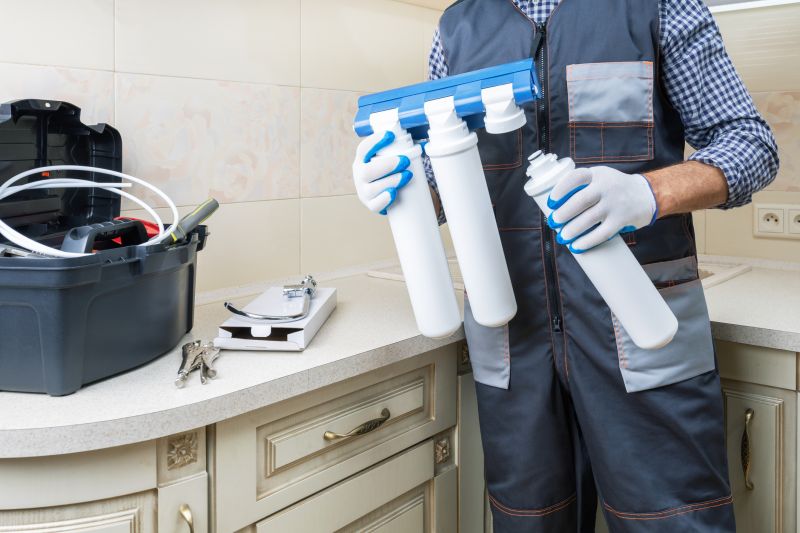
Equipment for adding treatment chemicals precisely.
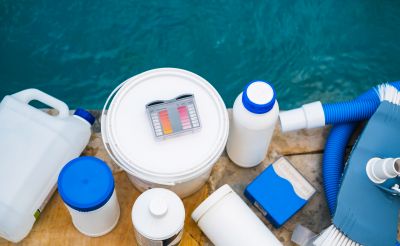
Tools used to monitor and ensure water safety standards.
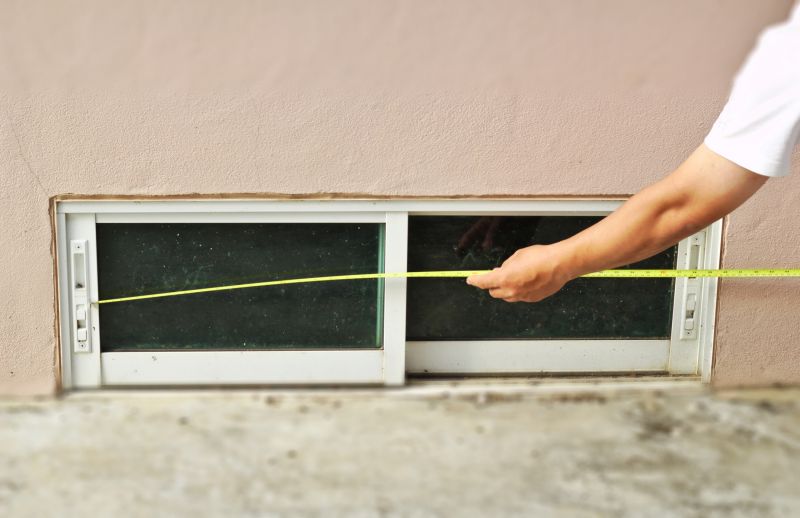
Little measurements that prevent headaches on Water Treatments day.

A 60-second routine that keeps Water Treatments looking new.
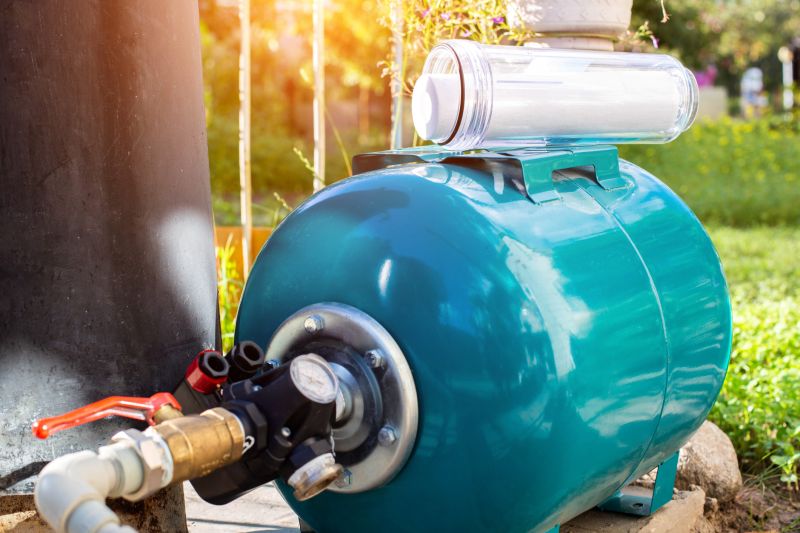
A frequent mistake in Water Treatments and how to dodge it.
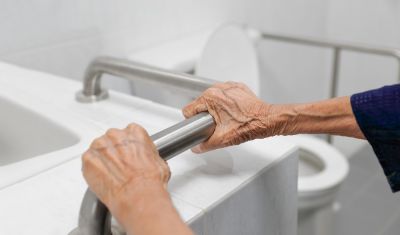
Small tweaks to make Water Treatments safer and easier to use.
Scheduling water treatments at optimal times helps prevent issues such as mineral buildup, microbial contamination, and system corrosion. Regular treatments contribute to the longevity of water infrastructure and ensure consistent water quality. Understanding seasonal patterns and water source conditions supports effective treatment planning.
Interested in scheduling a water treatment? Fill out the contact form to receive more information and assistance.

